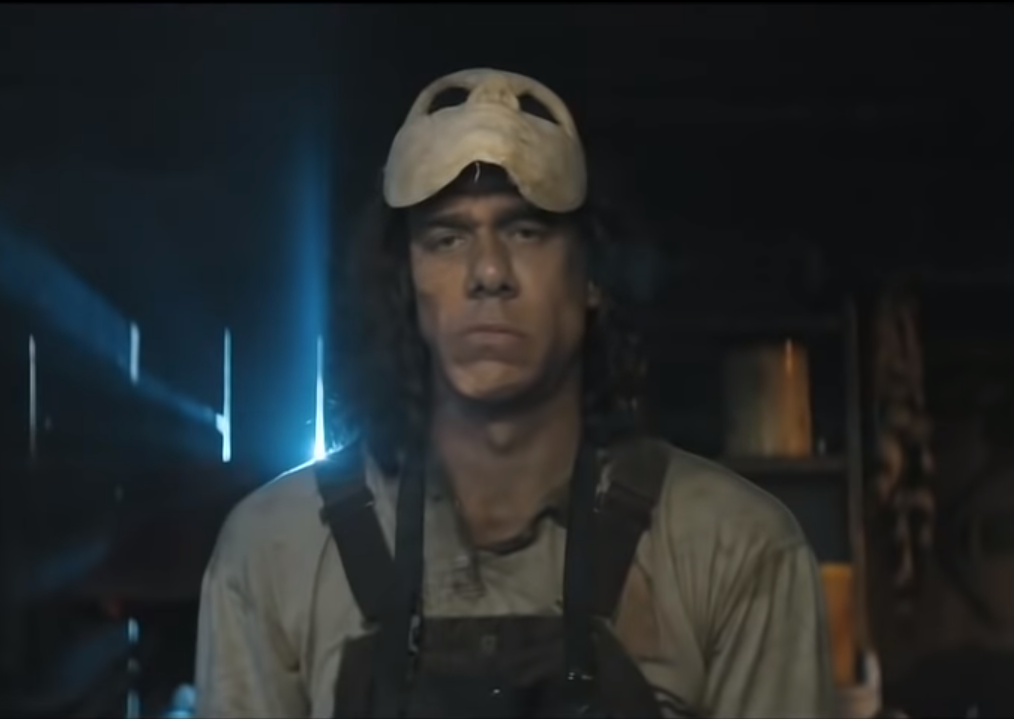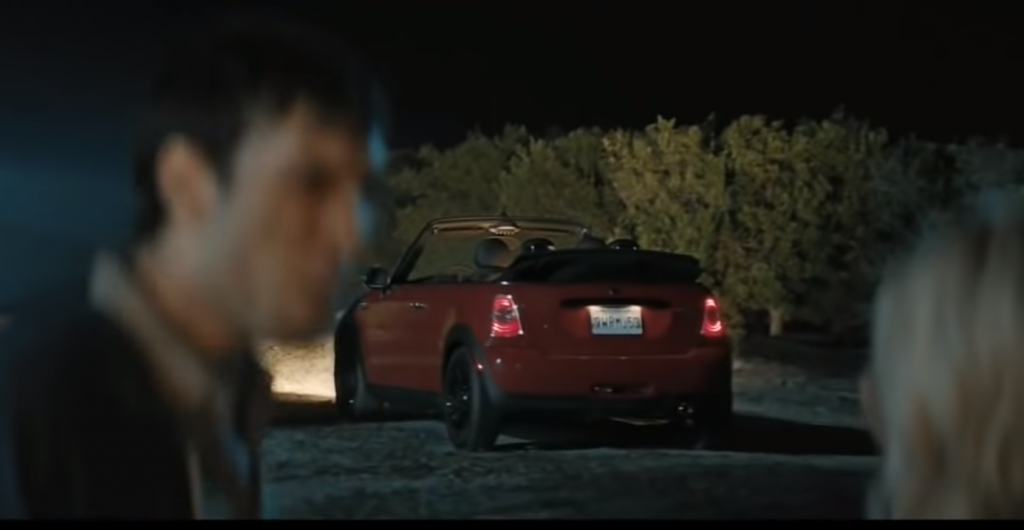So why is it That We Continually Do It When We Know Better?
Comfort and complacency seem easier in the moment. “I can sit here and build my own little world just the way I want.” The problem is this kind of world isn’t real. It’s just a way of avoiding the discomfort of the real world.

We convince ourselves that our story is a good story, and maybe it is. But often, it’s just fantasy. Don’t get me wrong, I love fantasy. But fantasy isn’t real.
The “here and now” kind of easy isn’t so easy later, and it usually comes with consequences.
The Scripture used in the sermon this past Sunday was Matthew 1:18-25. This passage talks about Jesus being born as a baby to a young couple just preparing to start their life together. This was not what the Jewish people expected for Jesus’ coming. They were looking for a powerful ruler to swoop in and be their hero.
Pastor Lee said that if he had been in charge of Jesus’ coming, it would have been different. It would have involved loud explosions, bright flashes of light and maybe even some erupting volcanoes. It would have been a grand production…
It was the coming of the Savior of the world after all!
We’ve all heard the story of Jesus being born in a manger in Bethlehem to this young unknow couple. We’ve heard it over and over, probably a thousand times.

It isn’t a very dramatic entrance, and this is where our complacency begins to creep in.
It’s a little like the man who loved to play chess and got an electronic chess game for Christmas. He played and played with this game, constantly losing…and nobody likes losing, especially to a machine.
One day he got so mad that he threw the game across the room and accused it of cheating.
Later he said that the game hadn’t cheated. It had just made a small unexpected winning move early and the man had missed it.
This is what God did when he sent Jesus as a baby. It was a small, unexpected move and a lot of people missed it then and continue to miss it now.
If we allow comfort and complacency to enter our lives when it comes to Jesus and the Bible…we are setting ourselves up for disaster.
Don’t get comfortable in the routines of life, wanting things to just stay the way they are. This is where complacency sets in, and we close ourselves off to the small miracles that have a big impact.







